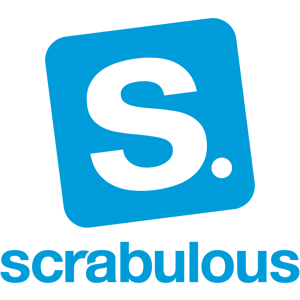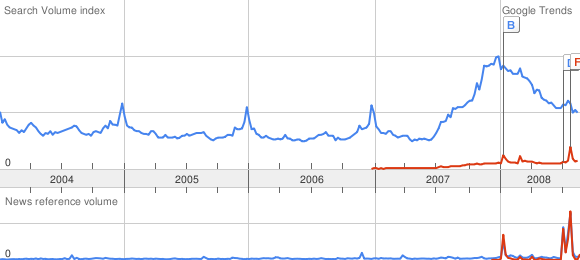
Just because the lawyers can file legal complaints, doesn’t mean they should abuse the powers of the DMCA for the purpose of a dull business model. Scrabble is a classic American game that people have long enjoyed, but the board games are an example of a traditional model. Scrabulous is a fan-generated effort by two developers in India; definitely not a threat to Hasbro’s business.
Litigation isn’t a replacement for a successful business model. It’s an avenue to take if parties can’t agree and require a judge to arbitrate the matter for them.
Instead, a better business alternative is to sponsor the Scrabulous’ effort and promote it to their customers. The benefit is that the work is already “done,” in addition to the fact that Hasbro would be embracing — not fearing — social media.
Due to the immense success of Scrabulous they had some pains scaling their services for users; which would be great if Hasbro supported them with new hardware and perhaps co-location services. Scrabulous isn’t even software, rather it’s a Software as a Service (SaaS) built on the Facebook platform. As such, after much legal pressure, Facebook cut off access for North American users to access Scrabulous. It’s still operating fine in India — for now.

The fact is, Hasbro will exert their powers under the DMCA to shut Scrabulous down and disenfranchise the loyal players who merely wanted to play a game that was like Scrabble. In reality, let’s say that Scrabulous made a few dollars from each player — Hasbro or Mattel can’t deny the fact that Scrabble is increasing in popularity again, as evident in the Google Trends snapshot pictured above.
